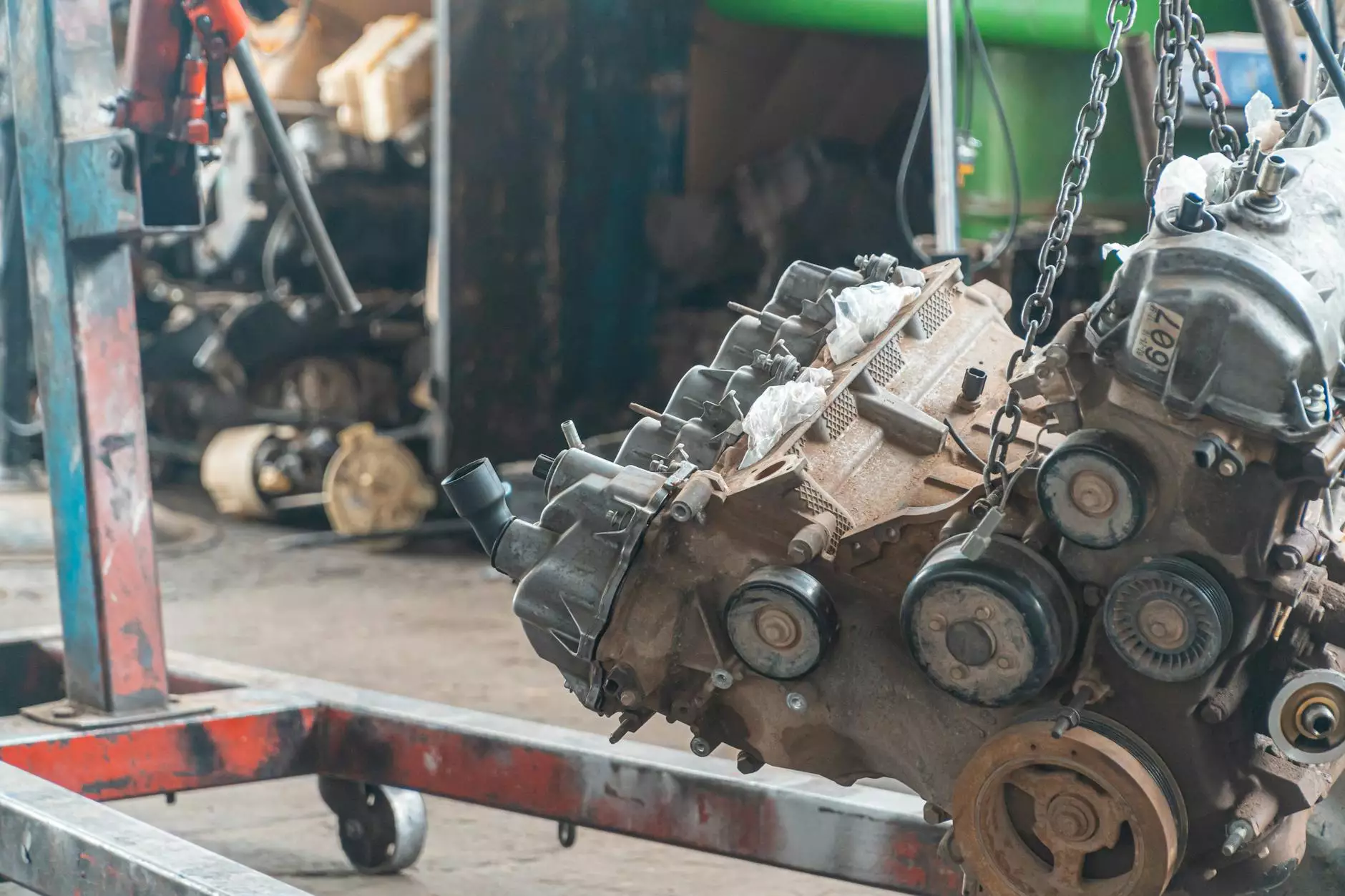Understanding Car Transmission Components and Their Importance

The transmission system of a vehicle is often regarded as its heart, playing a critical role in the overall performance of the automobile. The transmission system is made up of various components that work together to ensure your car changes gears smoothly while maximizing engine efficiency. This article will delve deep into the different car transmission components, their functions, and the significance of maintaining them for a smooth driving experience.
What is a Car Transmission?
The car transmission is a mechanical device that converts the engine's power into usable torque, enabling the car to accelerate and maintain speed. The transmission allows the driver to control the power delivery to the wheels by changing gears.
Types of Car Transmissions
There are two primary types of car transmissions: manual and automatic. Each type has its unique setup and components that contribute to its functionality.
1. Manual Transmission
A manual transmission, also known as a standard transmission, requires the driver to manually shift gears using a clutch and gear shifter. The main components include:
- Clutch: Engages and disengages the engine from the transmission.
- Gear Shifter: Allows the driver to select gears manually.
- Gear Box: Contains the gears that transfer power to the drive shaft.
2. Automatic Transmission
In contrast, an automatic transmission shifts gears on its own without driver intervention. It uses hydraulic fluid to engage and disengage clutches and bands. Key components include:
- Torque Converter: Transfers rotating power from the engine to the transmission.
- Planetary Gear Set: The complex gear system that allows for various gear ratios.
- Transmission Control Module (TCM): Manages the shifting of gears based on various conditions.
Key Car Transmission Components Explained
Understanding the individual components of both manual and automatic transmissions is essential for effective maintenance and repair.
Clutch
The clutch is crucial in a manual transmission, allowing the driver to disconnect the engine's power from the wheels, facilitating smooth gear changes. A malfunctioning clutch can lead to difficulty in changing gears or even stalling the vehicle.
Torque Converter
The torque converter is a vital component of an automatic transmission that enables the vehicle to change gears automatically. It uses fluid coupling to allow the engine to run when the vehicle is stationary. Problems with the torque converter can lead to slipping gears or overheating.
Gear Box
The gearbox contains the various gears that allow for different gear ratios. It is where the power from the engine is modified to match the speed and torque needed for performance. Damaged gears or low fluid levels can significantly impact driving performance.
Transmission Control Module (TCM)
The Transmission Control Module (TCM) is essential for the proper operation of automatic transmissions. It receives signals from various sensors and adjusts the transmission's operation to maintain optimal performance. Faults in the TCM can lead to erratic shifting or complete transmission failure.
The Importance of Regular Maintenance
Regular maintenance of your car transmission components is vital for the longevity and performance of your vehicle. Here are some essential maintenance practices:
- Fluid Checks: Regularly check the transmission fluid levels and quality, as low or dirty fluid can interfere with performance.
- Filter Changes: Changing the filter helps prevent contaminants from clogging the system.
- Visual Inspections: Look for any signs of leaks or wear and tear on the transmission components.
Signs of Transmission Problems
Awareness of common transmission issues can help you catch problems early and save on costly repairs. Look for these warning signs:
- Slipping Gears: If your vehicle unexpectedly changes gears or feels like it's slipping out of gear, it’s time for a check-up.
- Delayed Shifting: A noticeable delay when shifting can indicate transmission issues.
- Warning Lights: Pay attention to any warning lights on your dashboard, particularly the check engine light.
Common Transmission Myths Debunked
There are several myths surrounding car transmission components that can mislead vehicle owners. Here are a few common misconceptions:
1. Transmission Fluid Never Needs Changing
While it’s true that modern fluids can last longer, transmission fluid should still be changed periodically according to manufacturer recommendations.
2. Manual Transmissions Don't Require Maintenance
Like automatic transmissions, manual systems require regular maintenance, including clutch and fluid checks.
3. A Transmission Flush is Always Helpful
A transmission flush can sometimes lead to problems, especially in older transmissions. Consult a professional before opting for this service.
Choosing Quality Car Transmission Components
When it comes to replacements and repairs, sourcing quality parts is paramount. For reliable transmission components, consider shopping at Shenghai Auto Parts where you can find a range of high-end products for all your automotive needs. Investing in quality parts ensures your vehicle performs optimally and lasts longer.
Conclusion
Understanding your car transmission components is fundamental to ensuring the performance and longevity of your vehicle. With regular maintenance and the right replacement parts, you can enjoy a smooth and efficient driving experience. Don’t overlook the importance of routine checks; instead, take proactive steps to keep your transmission in top shape.
For more information on automotive parts and supplies, or to browse our extensive inventory, visit Shenghai Auto Parts today!









